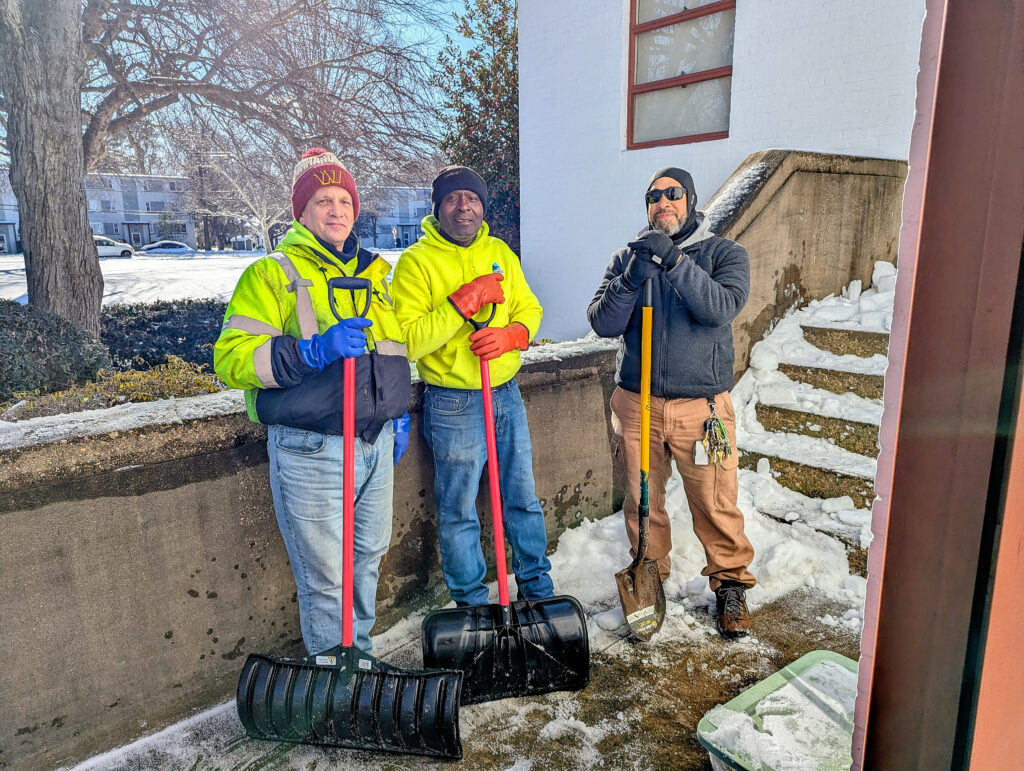The actions taken in response to the pandemic had an immediate impact and potentially large future impacts upon city government. Many revenue sources such as income tax, recreation program fees, gas tax revenues, admissions and amusement tax, as well as red-light and speed camera fines were projected to decrease significantly. Meanwhile, the city faced increased expenditures for more frequent and thorough cleaning, personal protective equipment for staff who must interact with the public, and equipment and software needed to support increased teleworking and virtual meetings and programming.
Starting with those for seniors, many city programs shut down in late March as City Manager Nicole Ard issued a citywide State of Emergency, while others, such as Greenbelt CARES counseling, moved online, a process that continued throughout the spring and summer. Eventually, city staff exercised their creative muscles by developing a wide variety of virtual events, from recreation classes to the Easter Egg Hunt, summer camps and Festival of Lights. A limited number of in-person classes resumed in September.
In May, council approved the budget for the new fiscal year based upon staff’s pre-pandemic estimates of costs and revenues. There was too much uncertainty and the pandemic hit too late to incorporate its impacts into the budget. At the same time council approved Ard’s recommendations to freeze most hiring, defund non-essential travel and training, defer salary increases and projects not funded by grants. At year’s end, city revenues had actually increased although the likelihood of large retroactive decreases in commercial property tax assessments still remains. The adopted budget did not fund several significant efforts and, other than the recreation department, the city has not yet studied the impact of the pandemic on its expenditures.




